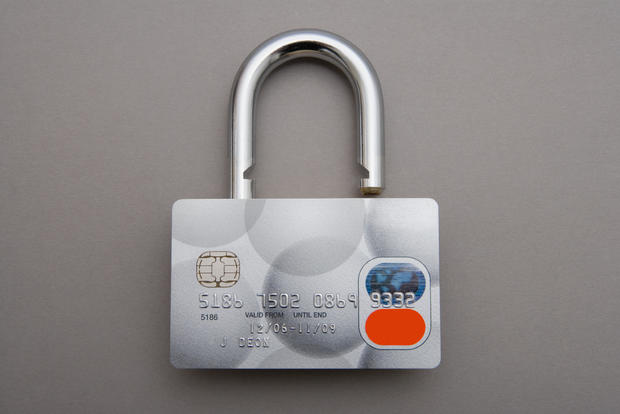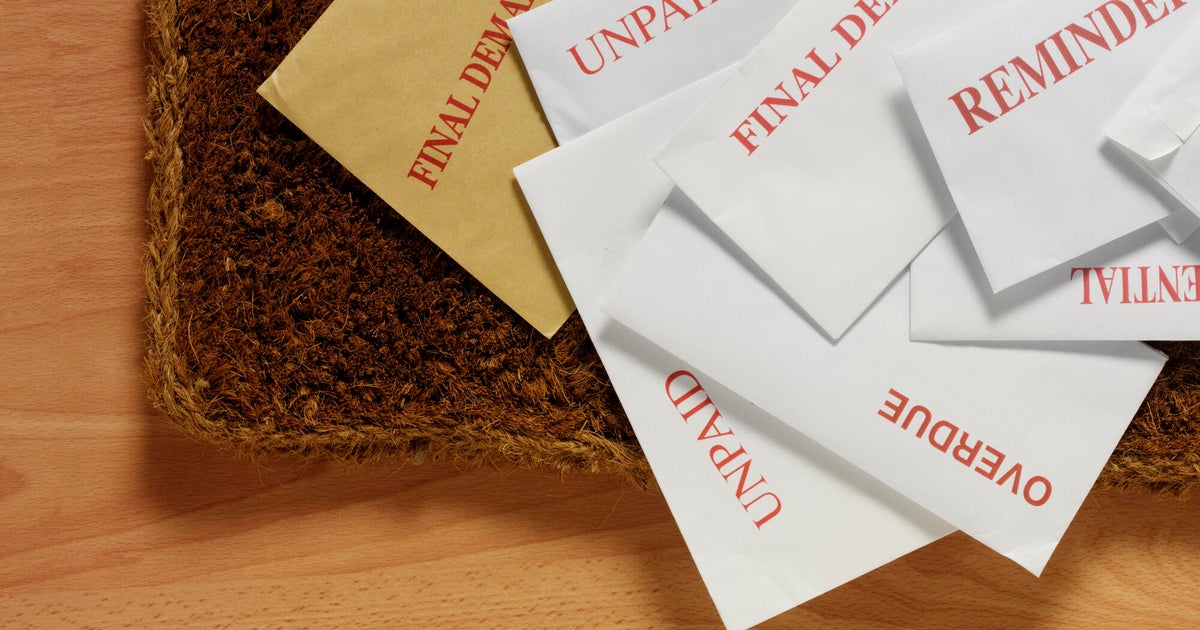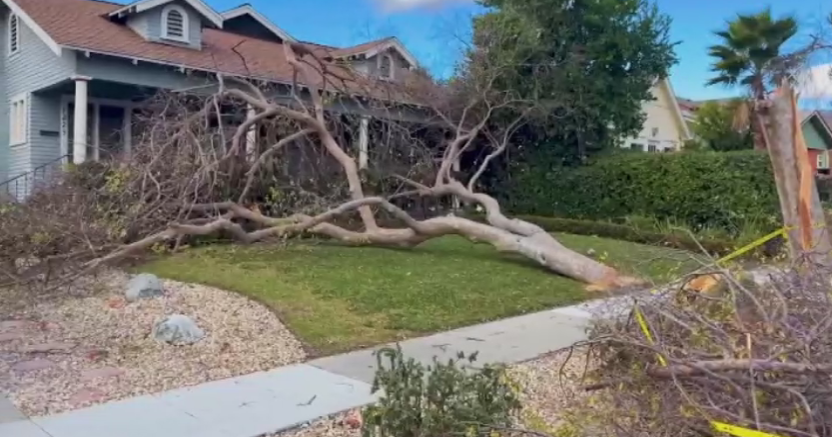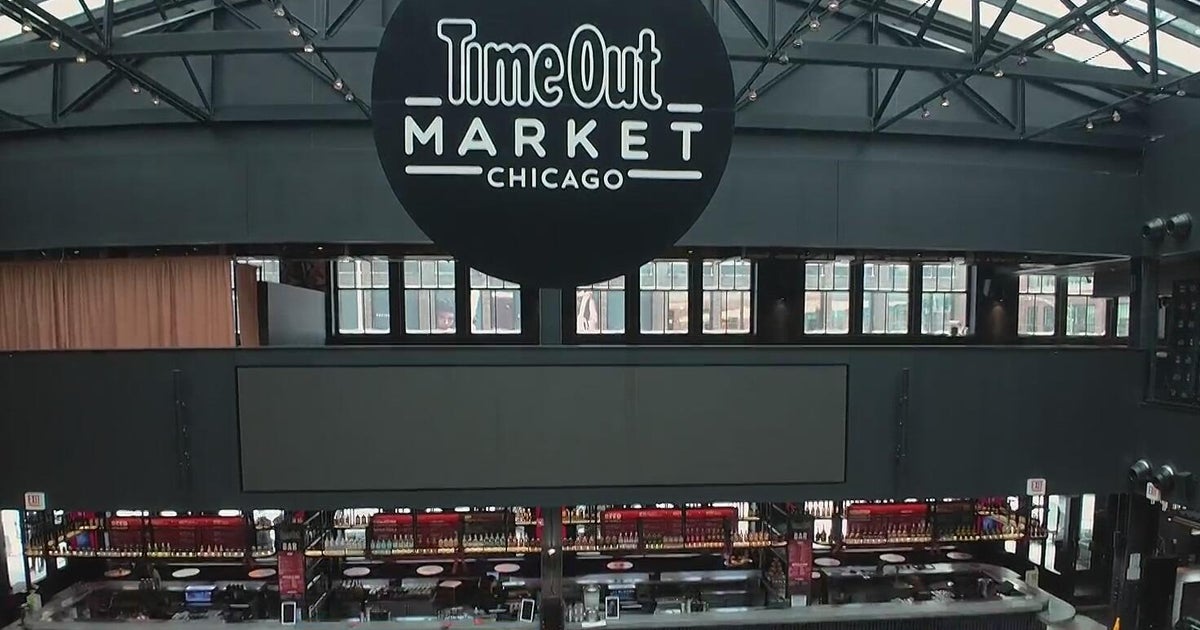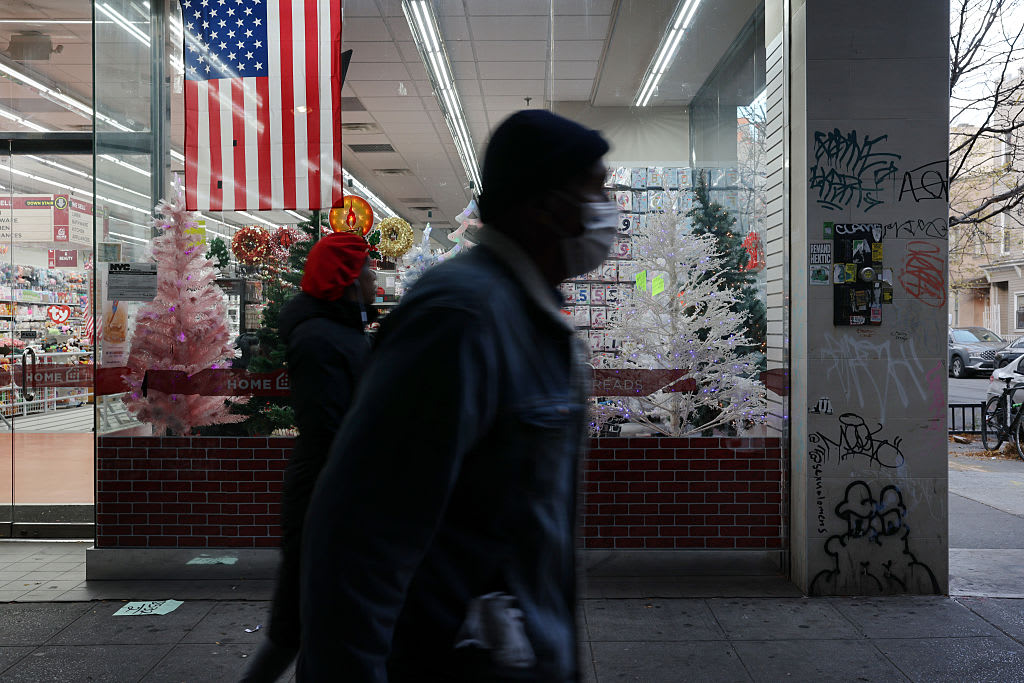Do you have to close all your credit cards when settling debt?
Between today's high inflation rate, the elevated interest rates meant to temper it and other economic hurdles, there's no question that many households are facing issues with their finances. After all, elevated inflation can lead to vastly increased costs on everything from the fuel for your car to the roof over your head, and if your finances were already stretched thin before the uptick in the cost of living, chances are you're feeling the impact of much tighter budgetary constraints now.
In these situations, you may even be relying on short-term borrowing tools, like credit cards, to help cover some of your essentials. But while doing so can be a route to covering the costs of your necessities, it also typically comes at a high price, as credit card interest rates are hovering near 22% on average currently. So, if you're using your credit cards as a stop-gap measure but are unable to pay the balance off each month, the interest charges can, and often do, compound quickly.
And that, in turn, can lead to overwhelming credit card debt. When looking for solutions to this type of debt, some people will consider credit card debt settlement as a way to settle the balance and pay less than the full amount owed. However, when considering debt settlement, a common question arises: Do you have to close all your credit cards during this process? Below, we'll detail what you should know.
Find out how today's top debt relief solutions could benefit you now.
Do you have to close all your credit cards when settling debt?
Before tackling the credit card closure question, it's essential to understand what debt settlement entails. Debt settlement is a process where you try to negotiate with your creditors to get them to accept a lower amount than what you owe. This option is typically considered when you're unable to meet your current debt obligations and want to avoid bankruptcy.
And, it can make sense to close your credit card accounts when you're dealing with overwhelming debt, as there are many risks to keeping them open, including the temptation to keep using them. But in most cases, you are not technically required to close all your credit cards when settling debt.
That said, there are situations where closing some or all cards may be necessary, but it depends on several factors, including the type of debt settlement program you're pursuing, your financial goals and your ability to manage credit responsibly in the future. For example, debt settlement can be pursued independently or through a debt relief company. And, the approach you choose may influence whether you need to close your credit cards.
If you're settling debts on your own, you generally have more flexibility regarding your credit card accounts, and you can choose which accounts to settle and which to keep open. In this scenario, you're not obligated to close your credit cards unless you're specifically required by individual creditors as part of the settlement agreement.
But, when working with a debt relief company, there may be policies in place that require you to close your credit card accounts as part of the debt settlement process. This requirement is typically in place to prevent you from accumulating more debt while in the program and to demonstrate your commitment to becoming debt-free.
Ready to tackle your high-rate credit card debt? Find out what your options are here.
Should you close your credit cards when settling debt?
While credit card closure is not always a mandatory component of debt settlement, there are several reasons why closing credit cards during debt settlement might be beneficial for your finances, including:
- To avoid temptation: Closing your credit cards can help you resist the urge to accumulate more debt and avoid a similar credit card issue in the future.
- To focus on debt repayment: With fewer open lines of credit, you can concentrate on paying off existing debts without the distraction of managing multiple accounts.
- To simplify your finances: Reducing the number of open accounts can make it easier to track your spending and manage your overall financial picture.
- To meet creditor requirements: While it varies from one to the next, some creditors may insist on the account closure as a condition of the settlement agreement.
- To demonstrate commitment: Closing accounts can show creditors and debt settlement companies that you're serious about resolving your debt issues, which may benefit you during the negotiation process.
However, there are also valid reasons for keeping some credit cards open during and after debt settlement:
- To maintain your credit score: The length of your credit history and your credit utilization ratio are significant factors in your credit score, and closing your credit cards can temporarily lower your credit score by impacting these factors. Conversely, keeping older accounts open with low balances can potentially benefit your credit profile over time.
- To start rebuilding credit: Responsibly using a credit card after a debt settlement can help you rebuild your credit over time. And, having a history of closed accounts may make it more challenging to obtain new credit in the future, so keeping one or two cards open and using them responsibly can be a smart move in limited circumstances.
- For convenience: Credit cards offer convenience and an extra layer of safety for certain transactions, such as online purchases or travel reservations. Certain cards also come with other perks, like rewards points, cash back or low introductory rates, and when used responsibly, these types of benefits can be quite valuable to the right cardholder.
How to manage your credit cards during debt settlement
If you decide to keep some credit cards open, you may want to consider these strategies as part of your new approach to credit card usage:
- Prioritize accounts: Keep one or two cards with the longest history or best terms and consider closing newer or high-fee accounts.
- Reduce limits: Request lower credit limits on open cards to reduce the temptation to overspend.
- Avoid digital wallets: Delete any saved card information from online shopping sites and apps to discourage impulsive purchases.
- Plan your purchases: Make occasional small purchases and pay them off immediately to keep the accounts active and demonstrate responsible use.
The bottom line
While you don't necessarily have to close all your credit cards when settling debt, it's a decision that requires careful consideration. For some, closing all credit cards provides a clean slate and removes the temptation to accumulate more debt. For others, keeping select accounts open can be a strategic move for maintaining credit health and financial flexibility. Ultimately, though, the goal of debt settlement is to resolve your current financial difficulties and set yourself up for a more stable financial future.
